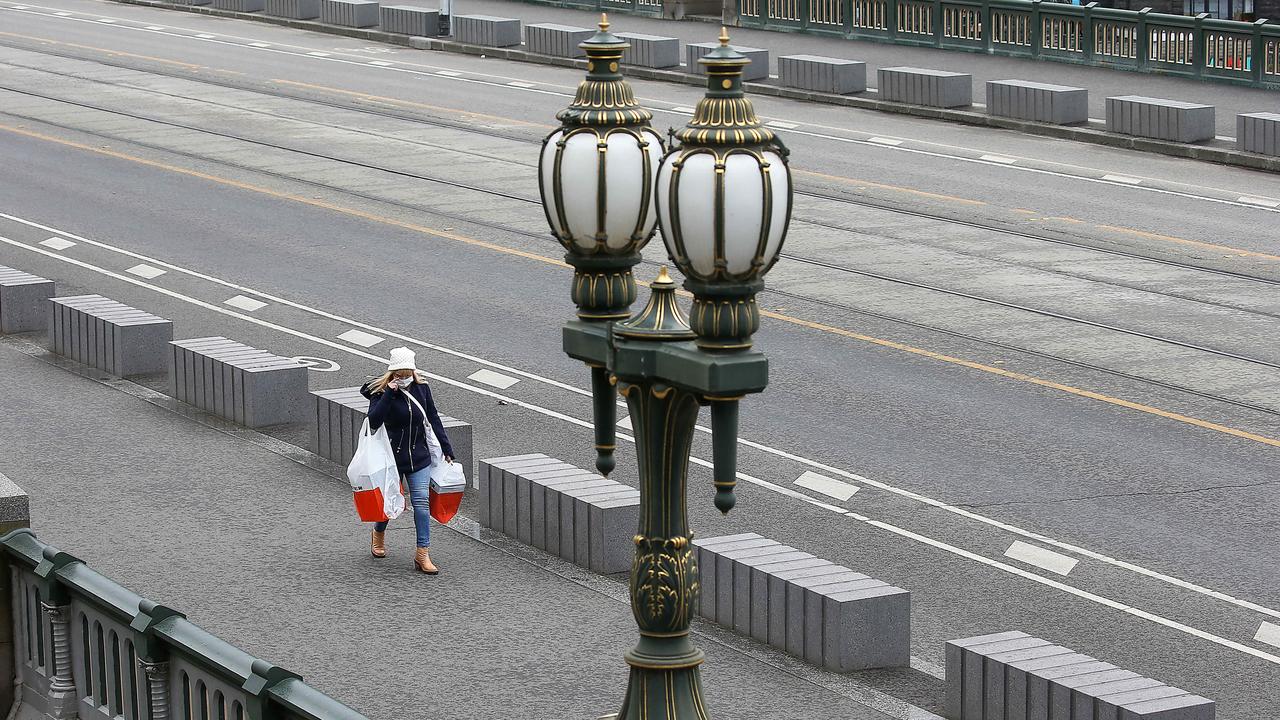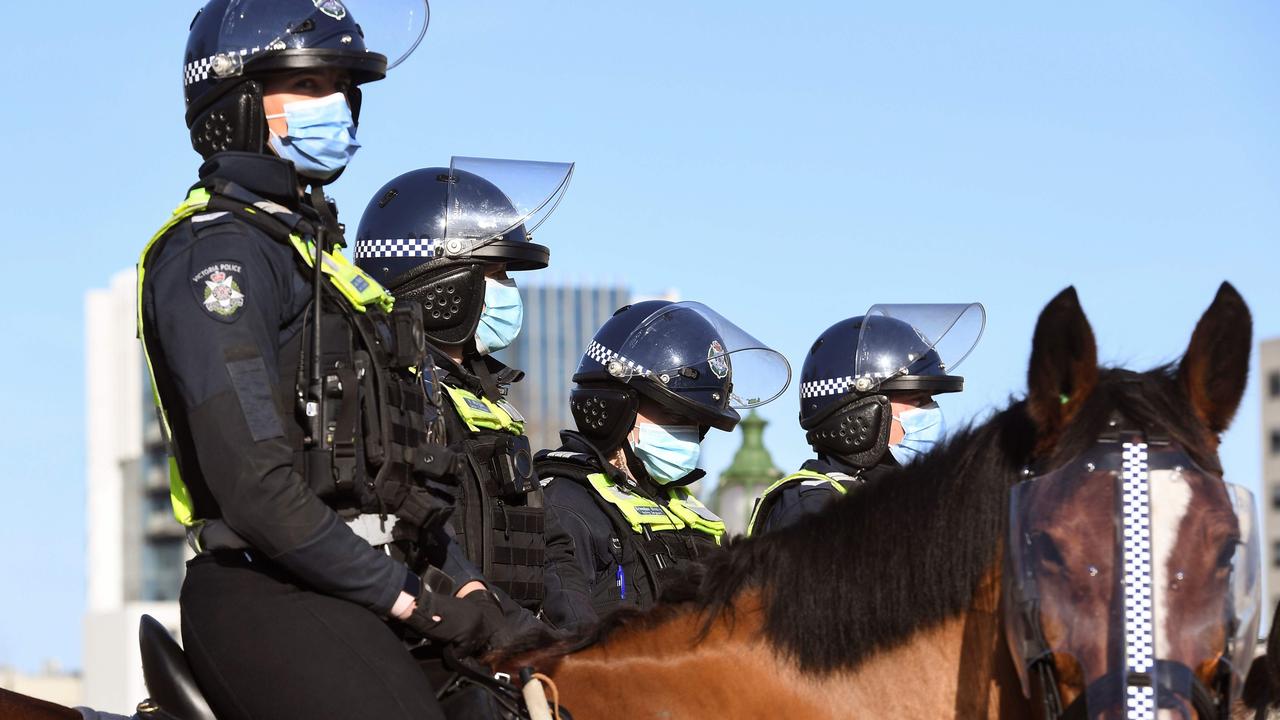Andrew Bolt: Stolen generations issue is not always what it seems
Spain’s “stolen generations” story took a twist last week, with its biggest crusader admitting her mother had actually given her away. The revelation has similarities to the forgotten Australian story of those who claimed to be “stolen” children, writes Andrew Bolt.

Spain has its own “stolen generations” story, and Ines Madrigal is the face of it.
Madrigal has been a crusader for the 30,000 babies allegedly stolen during the Franco dictatorship, but last week admitted her mother had actually given her away.
This is a legal embarrassment, because Madrigal is the first of those children who’d had her case go to trial, and last year had a huge win.
A court ruled that a gynaecologist stole her in 1969, making her a victim of a plot to steal children of political enemies and give them to supporters of General Francisco Franco.
But then Madrigal took a DNA test, found her siblings and was told her mother had given her up for adoption.
This plot twist is not unusual with Australia’s own “stolen generations”, which schoolchildren are taught was the theft by racist officials of up to 100,000 Aboriginal children.
In 2000, Peter Gunner and Lorna Cubillo, the first two “stolen generations” children to sue for compensation, were found not to have been stolen.

The Federal Court said Gunner had simply been sent to Alice Springs by his mother for schooling, and Cubillo, whose mother had died and father vanished, was just nine when she was rescued from a bush camp, where relatives had left her.
In 2001, Lowitja O’Donoghue, co-patron of the Stolen Generations Alliance, admitted to me she also wasn’t actually “stolen”, either, but given away by her white father.
In fact, never have activists and academics met my challenge to identity even 10 Aboriginal children stolen just for racist reasons, rather than abandoned or rescued.
But of our many “Ines Madrigal” cases, one in particular should be better known, because it suggests we’re not seeing dishonesty here, but something more tragic and excusable.
Colin Johnson died earlier this year, and almost no media outlet said a word of goodbye, which is remarkable because Johnson was once famous.
In 1965, he wrote Wild Cat Falling, hailed as the first novel by an Aborigine.
Schools put it on their syllabus. Johnson’s story was compelling for a cultural bureaucracy hungry for victims to illustrate Australia’s alleged racism.
He was the youngest of 12 children, and claimed to be of the “stolen generations” — taken from his mother when he was nine “by a decision of the state” and later jailed as a juvenile offender.
He even changed his name to something more Aboriginal — Mudrooroo Narogin.
Rewards followed. He was made a Visiting Associate Professor at Bond University and lecturer at Queensland University.
Even better, Murdoch University made him the first Aboriginal head of its Department of Aboriginal Studies. The Australia Council put him on one of its committees.

But in 1996, one of Johnson’s sisters revealed he had no Aboriginal ancestors at all.
One grandparent was African-American and the rest from Irish or English families.
Nor had he been stolen. Indeed, Johnson in 1964 privately told historian Mary Durack he’d been sent to an orphanage as a “neglected child”.
And that was the end for Johnson. Aboriginal academics denounced him as an “impostor” and cultural thief, and a Dumbartung Aboriginal Corporation official accused him of being part of a “continuation of genocide”.
Johnson quit Murdoch University and fled to Nepal.
It would be easy to denounce Johnson as a liar who became a “stolen generations” Aborigine just for the attention and government jobs. But that ignores a deep psychological need that many people have to misremember a past that hurts too much.
Johnson later wrote that he’d lived as an Aborigine as a child, in the sense that he was (allegedly) shunned for his colour.
PROGRAMS CAN’T FIX HATRED OF AUSTRALIA
And a friend, Associate Professor Gerhard Fischer, said his claim to have been a stolen child was a “defensive psychological strategy” that “would exonerate the memory of the mother and offer some kind of protection from the trauma of a childhood experience that would otherwise be very hard to bear”.
Is that also true of Lowitja O’Donoghue, who spoke movingly of her pain at seeing parents kiss their children good night: “I’d never been kissed like that”?
Is that true of the late Robert Riley, a former National Aboriginal Council chairman, who also claimed to have been stolen, when government records note he was instead left at a children’s home by his mother, who “showed no interest at all in her son”?
Ask what you would badly need to believe: that you as a child were unloved and abandoned, or loved and stolen?


